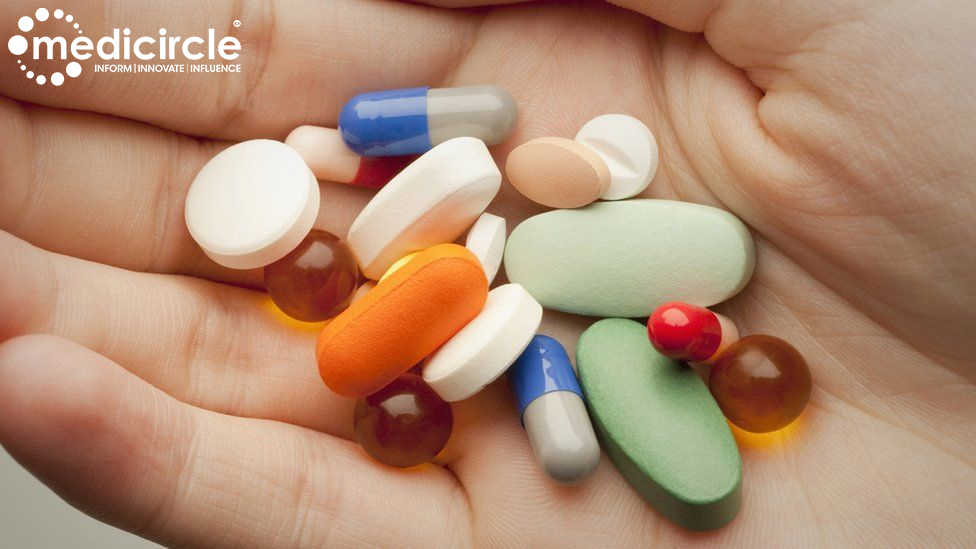In a startling revelation, the crime branch of the Delhi Police recently uncovered a nefarious racket involved in the manufacturing and distribution of counterfeit cancer chemotherapy drugs. The crackdown, which led to the arrest of at least seven individuals, including employees of a prominent cancer hospital in Delhi, has sent shockwaves through the healthcare community. It’s imperative to shed light on this alarming development and its implications for patient safety and regulatory vigilance.
The Cancer Drug Scam Unveiled: The saga unfolded in Delhi’s Moti Nagar area, where diligent police work unearthed a clandestine operation peddling fake cancer medications. The magnitude of the racket became apparent as law enforcement authorities seized a cache of nine cancer medicines valued at a staggering Rs 4 crore, along with a substantial sum of cash. The discovery sent shockwaves through the medical fraternity, highlighting the grave consequences of counterfeit drugs infiltrating the healthcare supply chain.
The Anatomy of the Racket: At the heart of the illicit enterprise was the mastermind, Viphil Jain, who orchestrated the production and distribution of counterfeit cancer drugs. With the assistance of accomplices like Suraj Shat and Neeraj Chauhan, the operation involved the refilling and repackaging of empty vials with spurious substances masquerading as authentic chemotherapy medications. The scope of the deception extended beyond Delhi, with raids conducted in Gurugram and Yamuna Vihar, unearthing additional caches of counterfeit drugs and packaging materials.
Raids and Arrests: A series of meticulously planned raids across multiple locations in the national capital yielded crucial evidence, leading to the apprehension of key players in the illicit drug trade. Neeraj Chauhan’s apartment in Gurugram served as a hub for storing counterfeit cancer medications, while his cousin brother, Tushar Chauhan, facilitated their distribution through the supply chain. Meanwhile, Parvez, operating in Delhi’s Yamuna Vihar area, played a pivotal role in sourcing empty vials for the racket.
The involvement of individuals within the healthcare infrastructure, exemplified by the arrests at a reputed cancer hospital in Delhi, highlights the insidious nature of the scam. Komal Tiwari and Abhinay Kohli, employees implicated in the supply of counterfeit drugs, underlines the vulnerability of patients entrusting their care to healthcare institutions.
Legal Ramifications and Ongoing Investigations: The Delhi Police’s swift action resulted in the registration of cases against all accused under pertinent sections of the Indian Penal Code (IPC), signalling a firm stance against pharmaceutical fraud and patient endangerment. However, the ramifications of the cancer drug scam extend beyond legal proceedings, prompting introspection within the healthcare ecosystem regarding regulatory oversight and quality assurance measures.As investigations continue to unravel the intricate web of deception, stakeholders within the healthcare sector must collaborate to fortify safeguards against counterfeit drugs. Heightened vigilance, stringent regulatory protocols, and enhanced surveillance mechanisms are imperative to safeguard patient well-being and uphold the integrity of the healthcare system.
Safeguarding Patient Trust and Health Security: In the wake of this unsettling revelation, it is incumbent upon healthcare providers, regulatory agencies, and law enforcement authorities to redouble their efforts in combating pharmaceutical fraud. Patient trust is paramount, and any compromise in the authenticity and efficacy of medications jeopardizes public health and erodes confidence in the healthcare system.
By fostering transparency, accountability, and adherence to stringent quality standards, we can mitigate the risks posed by counterfeit drugs and uphold the sanctity of patient care. As guardians of health security, let us remain vigilant in our pursuit of justice and unwavering in our commitment to ensuring access to safe, efficacious medications for all.

 By fostering transparency, accountability, and adherence to stringent quality standards, we can mitigate the risks posed by counterfeit drugs and uphold the sanctity of patient care.
By fostering transparency, accountability, and adherence to stringent quality standards, we can mitigate the risks posed by counterfeit drugs and uphold the sanctity of patient care.










.jpeg)



















.jpg)
.jpeg)